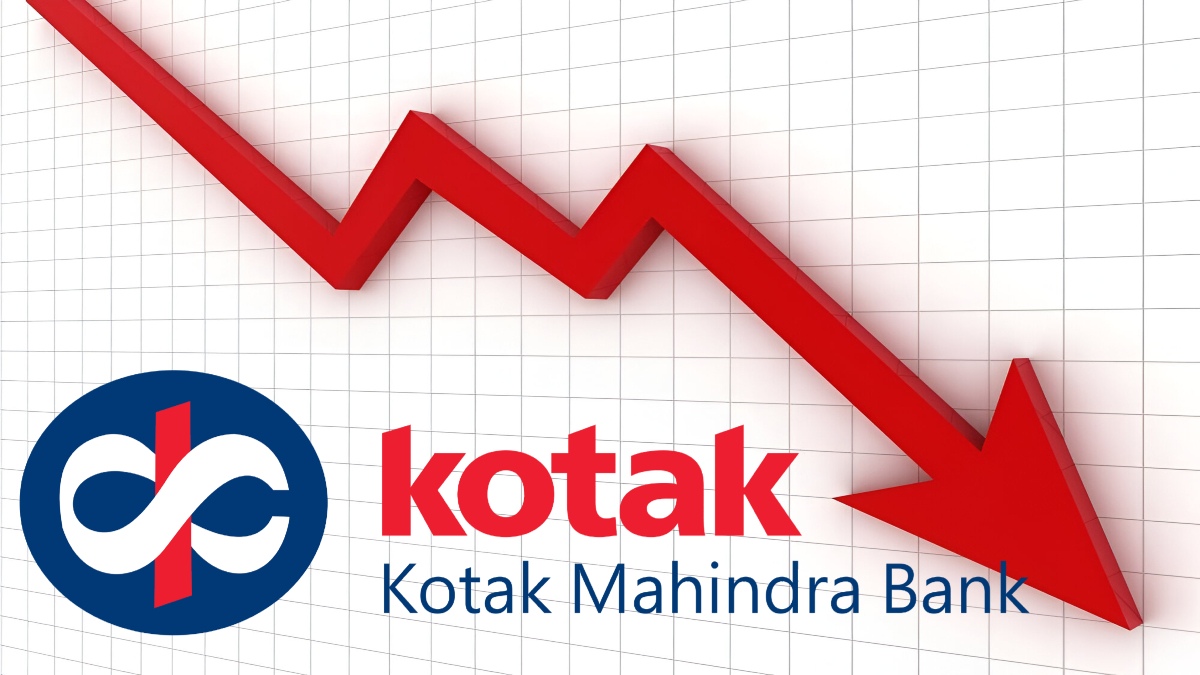Here's Why Health Insurance Premiums Spiked In 2020
Several policyholders have complained about sudden and steep hikes in health insurance plan premiums this year. Customers have been complaining on social media and to the insurance regulator about the surge, looking for a justified explanation on the change.

Regulator's response
In response to multiple news reports about steep premium hikes faced by policyholders, the Insurance Regulatory Authority of India (IRDAI) said that it has permitted revision in premium for certain policies.
"Some of the news items attributed the increase in health insurance premiums to certain recent regulatory initiatives taken by IRDAI. In this regard it is clarified that insurers were permitted to change the base premium upto +/- 5% of originally approved premium rates in order to comply with the guidelines on standardization of exclusions as a onetime measure for seamless transition of existing products to ensure viability and sustainability," IRDAI said in a statement on 3 December.
"As on 30th September, 2020, out of 388 products, premiums were increased by general and health insurers upto 5% of the then prevailing rates only in case of 55 products," it said.
"Further, the Authority has cleared revision in premium beyond 5% in respect of only 5 health insurance products of general / health insurers during the year upto 30th November, 2020 as part of periodical modification of their respective products, based on the incurred claims experience," it added.
The regulatory rules also state that there should be a rationale of bad claims experience for an insurer to hike rates, that is, if a customer files a complaint against a price hike, the insurer could present their loss ratio to justify the price increase.

Inflation
According to a CNBC-TV18 report citing an official from Max Bupa Health Insurance, medical inflation has also contributed to the spike in health insurance policy premiums. The official said that medical inflation rose 19.5% in 2020 owing to the pandemic.
Many hospitals were overcharging for COVID-19 treatment considering additional costs like isolating wards and PPE kits specific to the illness, forcing insurance companies to recover it from customers by raising premiums.
According to a white paper titled ‘Medical inflation and health insurance products in India' by consulting firm Milliman, insurers tend to raise the premium by 15%-35% every 2 to 4 years as health insurance pricing is extremely sensitive to medical inflation.

Age
Insurance companies tend to charge a higher premium as the policyholder gets older. The premium is ideally hiked every 3 to 5 years, and when the insured develops health complications that put it at a higher risk of falling ill, the insurance company hikes premium for the policyholder.
This is because as individuals get older or develop health complications, their chances of using health insurance increases, impacting the claims ratio.
According to the paper from Milliman, age and medical inflation together can account for a hike of up to 50%.
Senior citizens are at a higher risk of being infected by the coronavirus.

Relaxations announced by the regulator
Considering the unprecedented changes in living conditions after the outbreak of COVID-19, IRDAI announced several relaxations in health insurance policies. Policyholders have been permitted to pay premiums in installments- that is annual premiums can be paid on a monthly, quarterly or half-yearly basis.
Health insurance policy proposal forms can be validated digitally via a one-time-password (OTP), without using a wet signature on the hard copy of the proposal form.
New products were also launched this year, including two standardised policies (Corona Kavach and Corona Rakshak), telemedicine facilities, among others.

Pricing failure and low penetration
Predatory pricing, that is when premiums are initially at rock bottom to push sales, can prove to be unsustainable over time. It causes higher claims ratio, that is, the total claims paid is higher than the total premiums collected, forcing insurance companies to raise premiums later.
To combat predatory pricing, IRDAI locked the premium for the first 3 years after a new policy launch and allowed for an annual revision thereafter.
Apart from failing to price the product rightly, due to lower penetration of insurance in India. Insurance companies are paying out more as claims amount than their earnings from premium collection (excluding earnings from investment).
In 2020, amid a health crisis like COVID-19 insurers were forced to collect more by way of premiums to make the business sustainable.





























